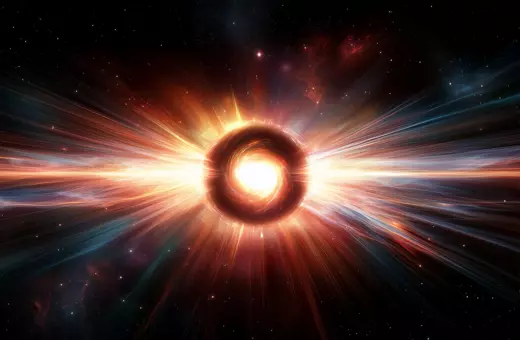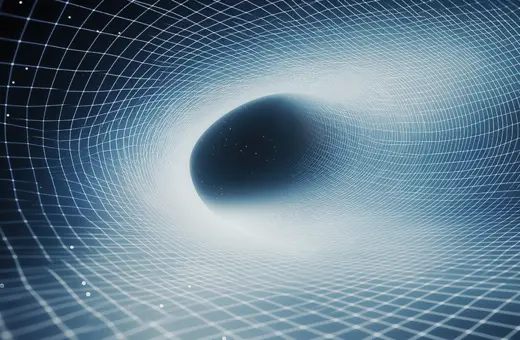We might think that telling the difference between science and pseudoscience is easy: science is based on empirical evidence, pseudoscience is not. But things are a lot more complicated than that. Coming up with a definition of either science or pseudoscience turns out to be incredibly hard. Instead of looking at the content of the theories to tell whether they count as science, an alternative is to focus on the people putting them forward, the care with which they approach their claims, and their character, writes Massimo Pigliucci.
What’s so difficult about separating sound science from pseudoscience? Let’s give it a try. Fundamental physics is, clearly, science. Homeopathy is, just as clearly, pseudoscience. Why? Well, because the first one is based on empirically well-established theories that make precise and reliable predictions about how the world works, while the second one is founded on notions that contradict basic chemistry and biology and has been demonstrated over and over not to work. Case closed, right?
Not so fast. Take one particular area of fundamental physics: string theory. There has been increasing controversy over the past several years about whether it is, in fact, sound science [1,2]. After all, string theory began to be articulated in the late 1960s. To this day, more than half a century later, it has not been able to provide a single empirically testable prediction. And a growing number of scientists are beginning to think that the theory, with its “landscape” of 10^500 possible solutions, is in fact impossible to test in principle. Does that make it a pseudoscience? Not quite.
On the other hand, consider a classic example of pseudoscience: parapsychology. Although I am personally satisfied with the conclusion that there is insufficient evidence to think that telepathy, telekinesis, and clairvoyance are real phenomena, until recently such possibilities have been studied by professional scientists in well-respected universities [3]. They could have succeeded — a reminder that it always pays to keep an open mind about controversial topics (Though not as open, as astronomer Carl Sagan put it, that your brain falls off.) While the possibility of evidence for telepathy, or telekinesis, or clairvoyance was still open, it would have been premature to dismiss parapsychology as pseudoscience. But once the evidence is in, to insist that those phenomena are real pushes the field further and further into pseudoscientific territory.
In the Charmides, a Platonic dialogue, Socrates inquires into how we can differentiate between medicine and quackery, and concludes that it takes medical-level expertise to do so.
The demarcation problem
The demarcation problem— the difficulty of finding criteria that distinguish science from pseudoscience — has a long history in the western tradition. In the Charmides, a Platonic dialogue, Socrates inquires into how we can differentiate between medicine and quackery, and concludes that it takes medical-level expertise to do so. But of course, very few people have the time and resources to become doctors, physicists, biologists, psychologists, and so forth, in order to arrive at an informed assessment of the soundness of any given claim.





















Join the conversation